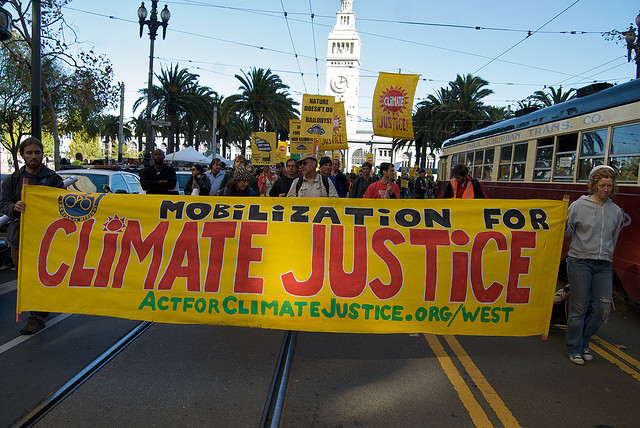Held annually in Athens, Roots Winter School (RWS) is a three-day progressive learning programme designed to cultivate hope, widen horizons, and catalyse action. RWS aims to push the boundaries of participants’ thinking, abilities, and imagination in order to foster global societies dedicated to planetary health and well-being. The program integrates critical theoretical thought with urgent political, socio-economic, ecological and cultural matters and experiences of struggles through a multifaceted methodology.
The methodology reflects the character of these sources of knowledge too: approaches coming from formal-education context (e.g. lecture, presentation, seminar) and non-formal processes of learning are mutually supportive. Our key objective is to amplify the program’s collective educational impact through encouraging co-learning experiences among the participants.
This Year’s Topic: Strategies for socio-ecological transformations in times of uncertainty
This year’s theme focuses on strategies for socio-ecological transformations in times of uncertainty, with a particular emphasis on socio-spatial justice. What are the relationships between global socio-spatial systems and local lived experiences? What is the role and implications of economic growth? How can we use the critical frame of degrowth to look through possibilities, policies and actions towards sustainable and equitable ecosystems that challenge mainstream perceptions of sustainability, including circular economy, smart cities, and green technological innovations? How intersectional, decolonial, and transfeminist processes can prioritise the needs of humans and beyond humans contributing to alternative socio-spatial visions across scales? What could be the diverse personal, collective, and institutional processes in such transformations?

The holidays are special; a chance to stop working, slow down and spend time with family and friends. The numerous family gatherings will likely involve discussions about the state of the world, politics, climate change, and maybe even degrowth. In case you find yourself in this scenario, we have put together this list of tips and suggestions for how to discuss degrowth with family and friends...

By Christiane Kliemann Shortly before the most crucial UN climate change conference after the failure of Copenhagen, it seems that the international climate-movement is finally getting its act together: resistance against fossil fuel extraction is gaining ground and a rising global movement is putting pressure on institutions to divest their money from fossil fuels to finance renewables instea...

Attempts to integrate economics and ecology have been based on one of three strategies: (1) economic imperialism; (2) ecological reductionism; (3) steady-state subsystem. Each strategy begins with the picture of the economy as a subsystem of the finite ecosystem. Thus all three recognize limits to growth. The differences concern the way they each treat [...]